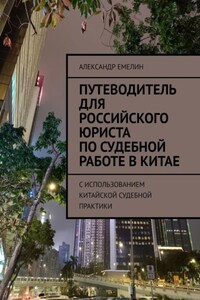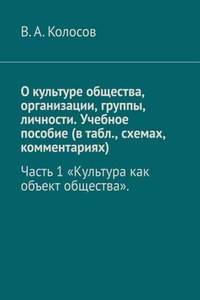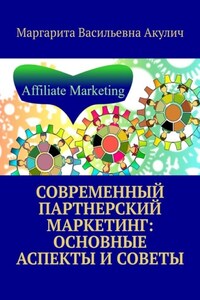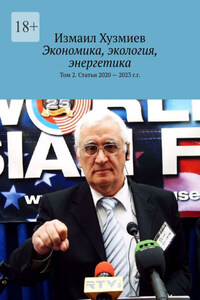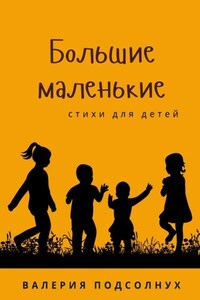Accommodating learning disabilities in the English language classroom
(Қорқыт Ата атындағы Қызыдорда университеті, Қызылорда қ.)
One of the greatest treasures of humankind lies in the diversity of its different personalities with different abilities. Acceptance and recognition of differences is one of the key principles of building mutual respect. In the world of education many people find it difficult to find their place and adapt to system requirements. The idea of inclusive education and acceptance children with special educational needs, so the «educational imperative» in today’s modern age.
The purpose of this article is to provide English teachers with basic tools to help English learners with learning difficulties excel in English class. Article one defines a learning disability and difficulty in determining certain difficulties are the result learning disability or struggle with language acquisition. He then describes the following learning methods that help support students with learning disabilities: (1) the Inclusive Classroom, (2) Universal Design for Learning (UDL), (3) Scaffolding, and (4) Peer-assisted Learning Strategies (PALS).
Historically, there has been a certain degree of complexity in the definition of learning disability and specific a common definition has not yet been agreed; however, as a broad conceptual construct, learning disabilities can be understood as «unexpected dissatisfaction», where «The severity of failure… is unexpectedly, because the person is not adequately responded to the instruction, which effective for most people» (Fletcher etet al. 2019, 4). under wide cover underachievement, Burr, Haas and Ferrier (2015, 3) specifically define learning disabilities as «a neurological condition that interferes with the ability of a person to store, process, or produce information. learning disabilities may affect a student’s ability to read, write, speak, spell, calculate math or reason attention, memory, coordination of students, social skills and emotional maturity. All learning disabilities are characterized by difficulty in at least one area of academic performance. Problems with literacy skills constitute the most common form of education disability (Klingner and Eppolito, 2014). Other factors that may appear as scholastic the inefficiency must be eliminated. American Association for Learning Disabilities (2020) states that «People with learning disabilities should not to be confused with learning problems, which are primarily the result of visual, auditory or motor deficiencies; mental retardation; from emotional disorder; or environmental, cultural or economic disadvantages.» [1]
Every child has the fundamental right to education and should be able to achieve and maintain an acceptable level learning. Persons with special educational needs should have access to ordinary schools, which should place them in child-centered pedagogy that can meet these needs. The main problem of modern society and many education systems there is a significant number of students who are not «adjusted for school». When in fact the school is an institution that must adapt the persons who were present.
Needless to say, in addition to the benefits of knowing the language than their native language, the benefits of learning English for students children with learning disabilities are numerous. Learning any foreign language can help student with learning disabilities to develop useful skills such as cooperation with their classmates, improve listening and reading skills, help them learn to express yourself or, in the end, just to work on your creativity. Like European The Commission concluded that social and personal development are goals which can be achieved by learning a foreign language, and success is achieved beyond the scope of communication. In addition, the reason for studying language can be not only for the sake of actual mastery of the language, but can serve as a tool for personal development. [2]





